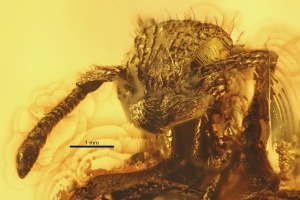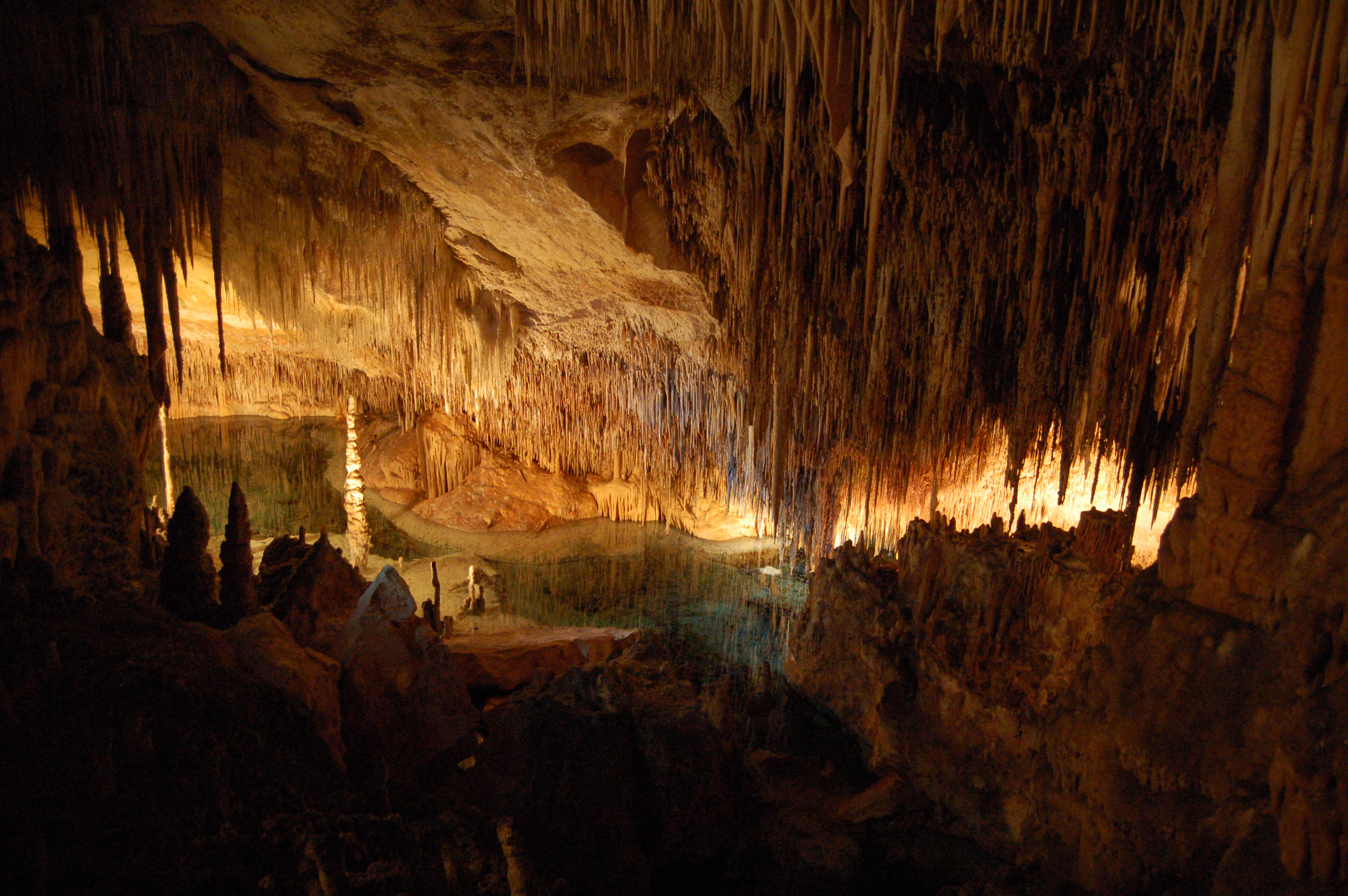Tropical climates are famously rich in biodiversity, perhaps because old lineages persist well in those regions instead of being simply replaced by new ones, or perhaps because the tropical environment promotes fast speciation. A new study of the ant family tree suggests that both these explanations may be right.
All posts by LL
Cave detective hunts for clues to past sea level
A yellow splash of light from Bogdan Onac’s headlamp bounces around the dripping orange walls of a cave like a frenetic firefly. At the other end of the beam, the University of South Florida paleoclimatologist explains that the walls of this cave, on the Mediterranean island of Majorca, have collected a bathtub ring of minerals as brackish water washes in and out. “Majorca is like a Gruyère,” Onac says, its underlying limestone filled with holes just like the cheese. Continue reading Cave detective hunts for clues to past sea level
Romania to Replace National Research Council After Mass Resignation
The Romanian Ministry of Education, Research, Youth and Sport has asked universities to nominate replacements for the 19 members of the National Research Council (CNCS), Romania’s main research funding agency. Council members resigned en masse on 12 April to protest retroactive cuts in research grants.
Continue reading Romania to Replace National Research Council After Mass Resignation
Madrid air pollution reaches alarming levels
First broadcast and published by Deutsche Welle: [html] [mp3]
You don’t have to step into the street for Madrid’s roads to pose a hazard to your health: air pollution from cars in the city might just knock you over. Scientists are finding links between the gases and disease.
Continue reading Madrid air pollution reaches alarming levels


